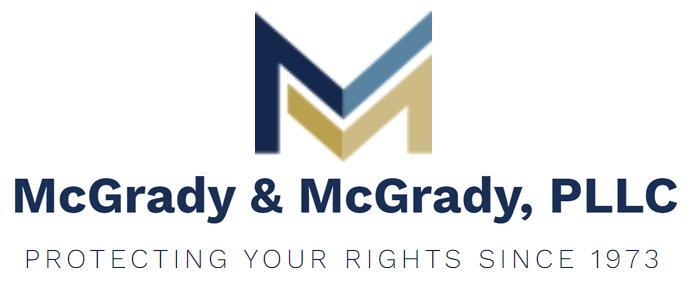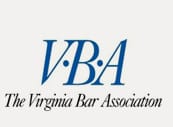An important component of premises liability cases is determining who is responsible when an injury occurs. Property owners, including homeowners, landlords and businesses, bear the primary responsibility for maintaining their premises.
In the event of an injury, understanding the distinct responsibilities of property owners and visitors can help determine if the accident merits legal action.
Obligations of property managers
Some property owners may delegate responsibility for maintenance and safety to property managers. These individuals or entities also share the duty of ensuring that the premises are safe. However, the property owner remains ultimately responsible for the property’s condition.
Accountability for visitors
Responsibility in premises liability cases is not limited to property owners and managers. Visitors also play a crucial role. While property owners need to maintain safe conditions, visitors should exercise reasonable care. This means avoiding risky behaviors that may lead to their own injuries. For instance, running in a slippery area can contribute to a slip and fall incident, for which the visitor may share some responsibility.
Status of visitors
The legal concept of “duty of care” varies depending on the visitor’s status. There are three primary visitor categories in Virginia:
- Invitees: Individuals invited to be on the property, often for the property owner’s financial benefit, such as customers in a store
- Licensees: Individuals who have permission to be on the property but not necessarily for the property owner’s financial gain
- Trespassers: Individuals who enter a property without permission
Property owners owe invitees the highest duty of care, including regular inspections and maintenance. Licensees must be at least made aware of known dangers on a property. With trespassers, property owners are not generally held liable for injuries unless the property owner intentionally caused harm.
Proof of negligence
In 2021 alone, an estimated 52.5 million people in the United States sought medical attention for preventable injuries sustained in homes and communities. Preventability implies possible fault in such accidents.
To assign responsibility in premises liability cases in Virginia, it is necessary to establish negligence. This involves demonstrating that the responsible party failed to maintain safe conditions or repair known hazards, directly leading to injuries.
Property owners and visitors share the responsibility of preventing premises liability incidents. A visitor who suffers an injury on an individual or business’s property can initiate a claim to determine if the property owner was negligent.







